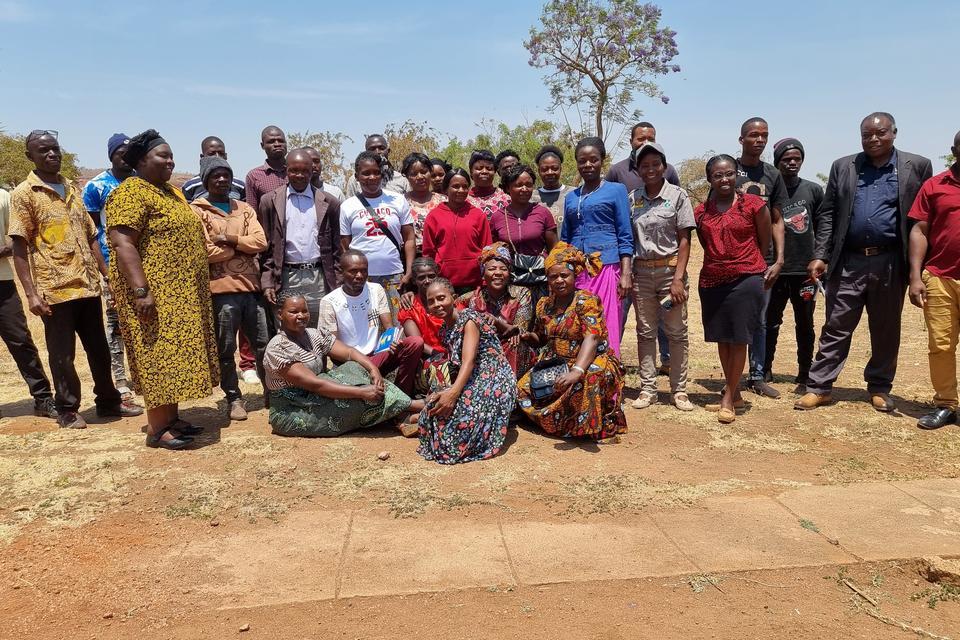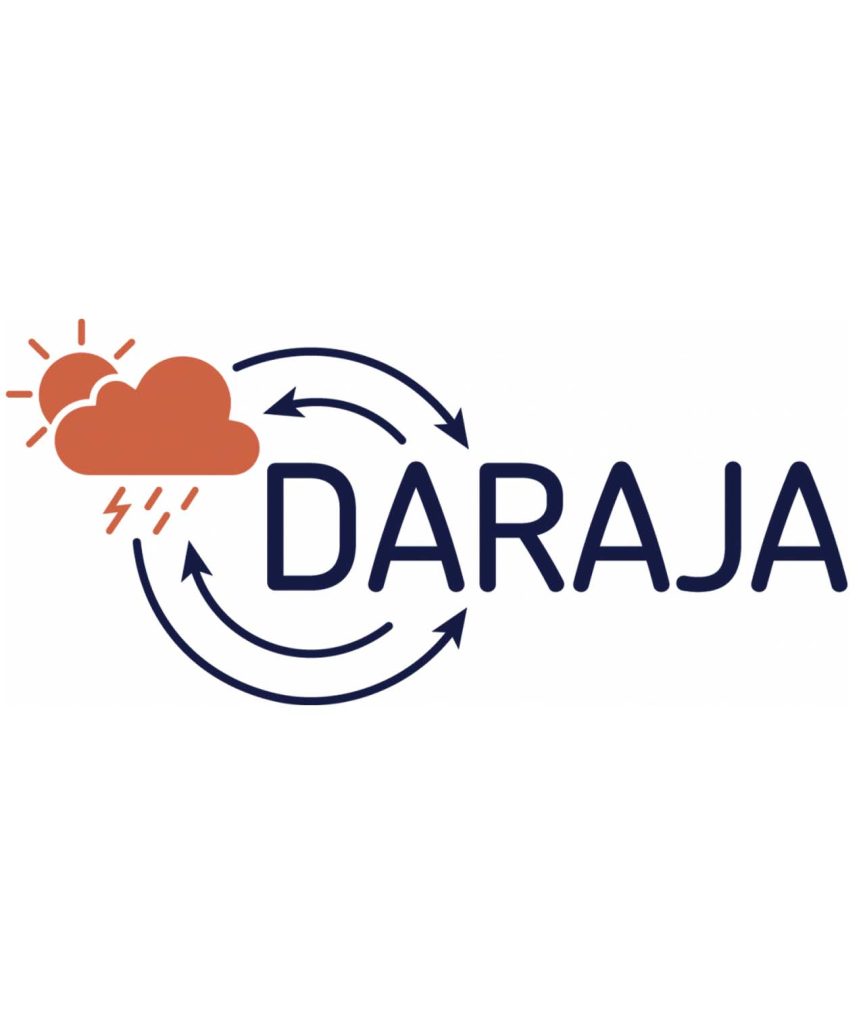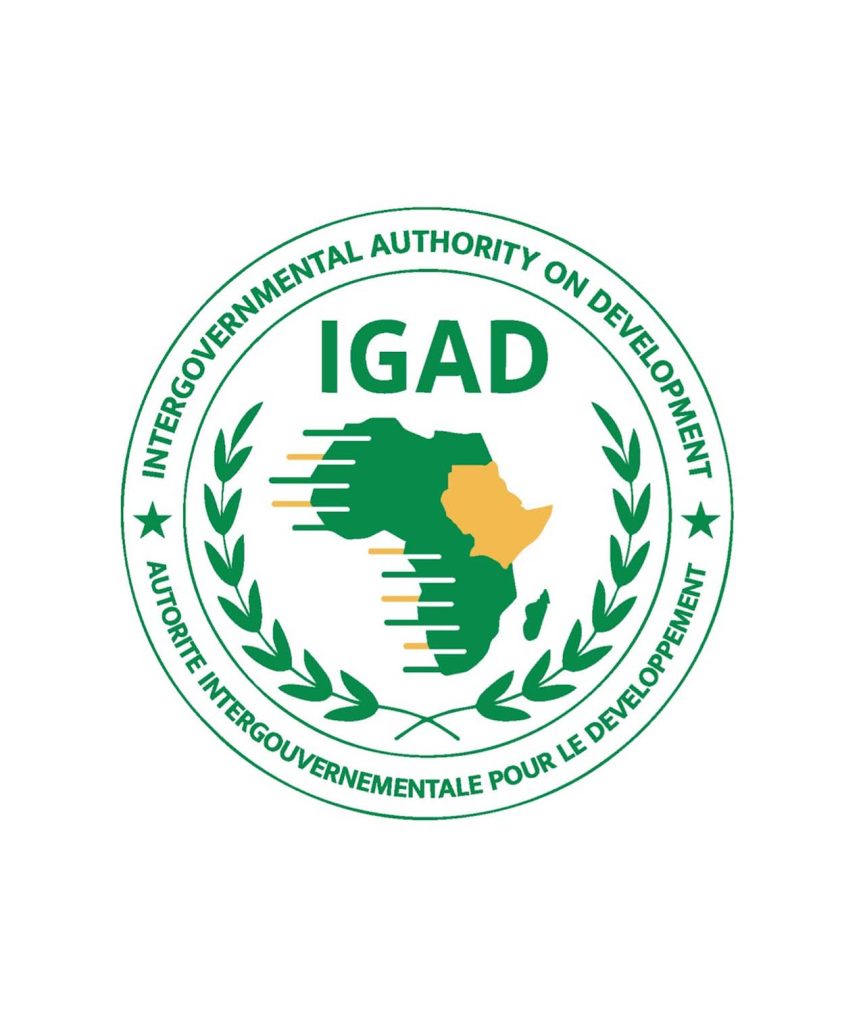Climate change and variability are intensifying the vulnerabilities of smallholder farmers, putting their agricultural livelihoods at risk. The 2023/2024 El Niño – regarded as one of the strongest on record by the WMO – brought widespread drought to Zambia, causing water scarcity, crop failures and significant agricultural losses. During this season, much of the southern region of the country received less than a third of its typical rainfall, with only around 250 mm recorded. Prolonged dry spells of over 30 days struck at critical stages such as flowering and grain-filling, leading to widespread drought. As a result, nearly 1 million hectares of maize out of an estimated 2,272,931 hectares of maize were severely affected by the drought, resulting in crop failure (Republic of Zambia, April 2024). Between October 2023 and March 2024, approximately 2 million people (23% of the population) were expected to face severe food insecurity.
Climate Information Services (CIS) can play a critical role in managing such climate risks by providing timely and accessible information that enables farmers and communities to anticipate and adapt to adverse climate conditions. In preparation for the 2024/2025 farming season, the Alliance of Bioversity International and CIAT with support from The Initiative on Diversification in East and Southern Africa (Ukama Ustawi) and The Accelerated Innovation Delivery-Initiative AID-I in collaboration with the University of Reading, Community Markets for Conservation (COMACO) and Zambia Meteorological Department (ZMD) conducted training for 103 senior lead farmers from Chipata, Chipangali, Kasenengwa, and Petauke districts on the digital Participatory Integrated Climate Services for Agriculture (E-PICSA) approach. This collaboration builds on past and ongoing investments by University of Reading who had earlier trained the Community Markets for Conservation (COMACO) on the PICSA approach and GIZ- Zambia.









